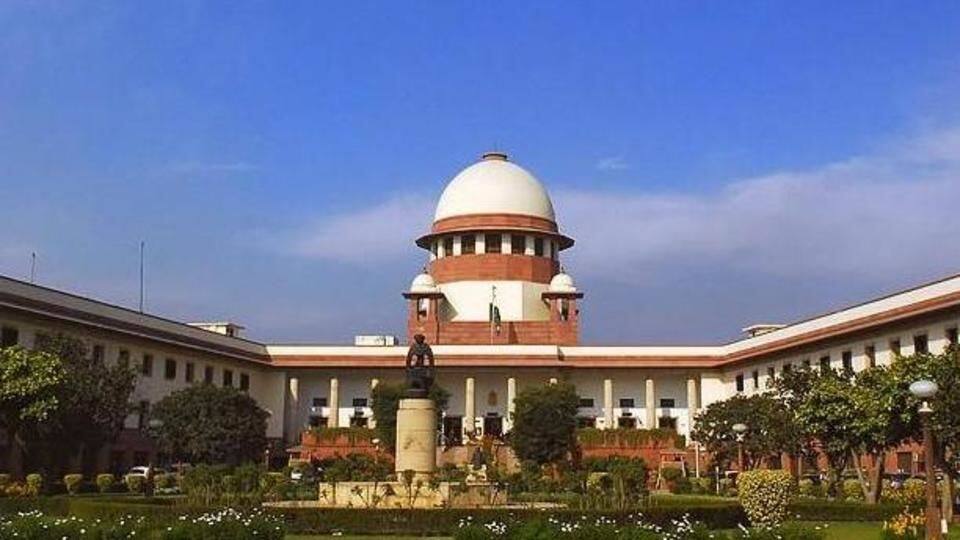
1984 anti-Sikh riots: SC reopens case, sets up new probe
What's the story
Even after three decades, justice has still not been served in the 1984 Sikh riots. It was one of the largest persecutions of Sikhs, who were massacred in retribution for PM Indira Gandhi's assassination by her Sikh bodyguards.
However, now, SC has reopened the case which was earlier closed by a Special Investigation Team (SIT).
What were the 1984 anti-Sikh riots? We elaborate.
Genisis
What led to the anti-Sikh riots?
The anti-Sikh riots' genesis is traced to the Khalistan movement led by fundamentalist Sikh preacher, Jarnail Bhindranwale.
In 1980s, he and his followers took refuge in the holy Golden Temple. The Indira Gandhi-led government took the Indian army's help in flushing out militants, known as Operation Bluestar.
This set the stage for Mrs. Gandhi's assassination by her own bodyguards, Satwant Singh and Beant Singh.
Riots
What happened after Mrs. Gandhi's assassination?
Following Mrs. Gandhi's assassination, Sikhs were attacked across India in Delhi, UP, Haryana and MP. About 3,300 people lost their lives in these anti-Sikh riots.
Reportedly, to seek vengeance, mobs thronged Sikh neighborhoods. They looted and burnt Sikh property and slaughtered them for the following four days.
It was alleged that Congress leaders, Sajjan Kumar and Jagdish Tytler among others had incited the crowd.
Commissions
What about justice for the victims?
Since then, about 12 enquiry commissions have been instituted. Of these, 7 investigated specific aspects; for example, Ahuja committee in 1987 probed the death count. Two committees, Ranganath Misra Commission (1985) and Justice GT Nanavati Commission (2000), scrutinized the perpetrated violence.
Cases were registered against senior Congress leaders for instigating mobs.
The Nanavati Commission, tabled in Parliament in 2005, did boost the victims' case.
2017
What did SC decide earlier this year?
But, it was in 2015 that home ministry constituted a three-member SIT to re-investigate criminal cases. After two years, SIT closed 241 of 250 cases. Charges were filed in 12 cases.
However, in August'17, SC appointed a supervisory panel to examine the SIT's decision of closing these cases.
Latest order
Now, what steps has the SC taken?
Now, the supervisory body found that of 241 cases, 186 were closed without investigation.
Thus, Chief Justice Dipak Mishra-headed bench has asked the Centre to suggest a proposed three-member committee to re-investigate the cases.
It will be headed by a former high court judge and consist of one retired and one serving police officer.
Now, let's hope this investigation does not go cold.